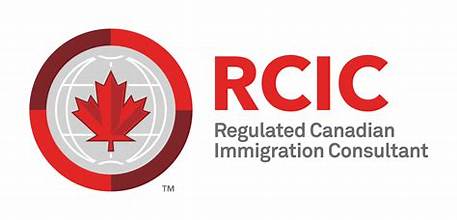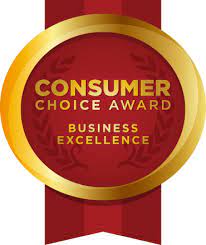Our experts assess your professional background to craft a business idea that aligns with the Start-up Visa (SUV) criteria and Canada's economic needs, ensuring your concept qualifies.
Our service includes comprehensive research into all applicable regulatory frameworks for your sector. These findings will be thoroughly detailed in the business plan we develop for you.
After your team's permanent residency (PR) applications are submitted, you're eligible to apply for work permits. Processing times vary by country, so reach out to us for a tailored time estimate.
You may arrive in Canada after receiving your work permit approval letter, should you opt to apply for one. Alternatively you can arrive in Canada once your PR application is approved.
It's not mandatory to secure a work permit before receiving permanent residency approval. You may choose to wait for PR before moving to Canada.
There is no specified minimum investment. However, it's important to demonstrate genuine efforts in advancing your business. You can apply the traction model using your team's skills or outsource it for additional cost, typically about $10,000 CAD per applicant.
We work with Canada's most reputable DO's. Selecting the right designated organization is a critical step in your journey. The factors we take into consideration are: business life cycle stage, industry, and projected business needs
Eligibility hinges on having a qualifying business idea, meeting the Canadian Language Benchmark (CLB) 5 in English or French, and proving you have enough funds for settlement in Canada.
The Start-up Visa (SUV) is Canada's unique pathway to permanent residency for entrepreneurs without minimum investment or net worth verification and no need for an exploratory visit. A single business application can include up to 5 team members and their families, all eligible for temporary residency while the permanent residency application is underway with IRCC.
Yes, after your team's PR applications are filed, you can apply for a work permit. For efficiency, we suggest applying for your work permit concurrently with your PR application.
Permanent residency status is not contingent on your business's success. You must, however, demonstrate ongoing efforts to achieve traction until your PR application decision is finalized.
The program doesn't specify a minimum investment. The focus is on demonstrating and genuine efforts in establishing and moving your business forward.
Yes, you can include your spouse and dependents in your PR application. After submission, they can seek a spousal open work permit or study permits. Once you have PR, you can sponsor your parents through family class sponsorship or a parent/grandparent super visa.
Once you're a permanent resident, you have access to Canadian healthcare and public education. Education is free until age 18, and as a PR, you'll benefit from significantly lower university tuition fees compared to international rates.
Yes, you must submit police clearance from every country you've resided in for six months or more since turning 18. These serve as a basis for security clearance by IRCC. Post-PR application submission, an IRCC-approved doctor will conduct your medical exam.
Hiring a lawyer or RCIC isn't mandatory for the application process, but considering the complexity of Start-Up Visa (SUV) applications, professional guidance can be crucial for a successful outcome.





